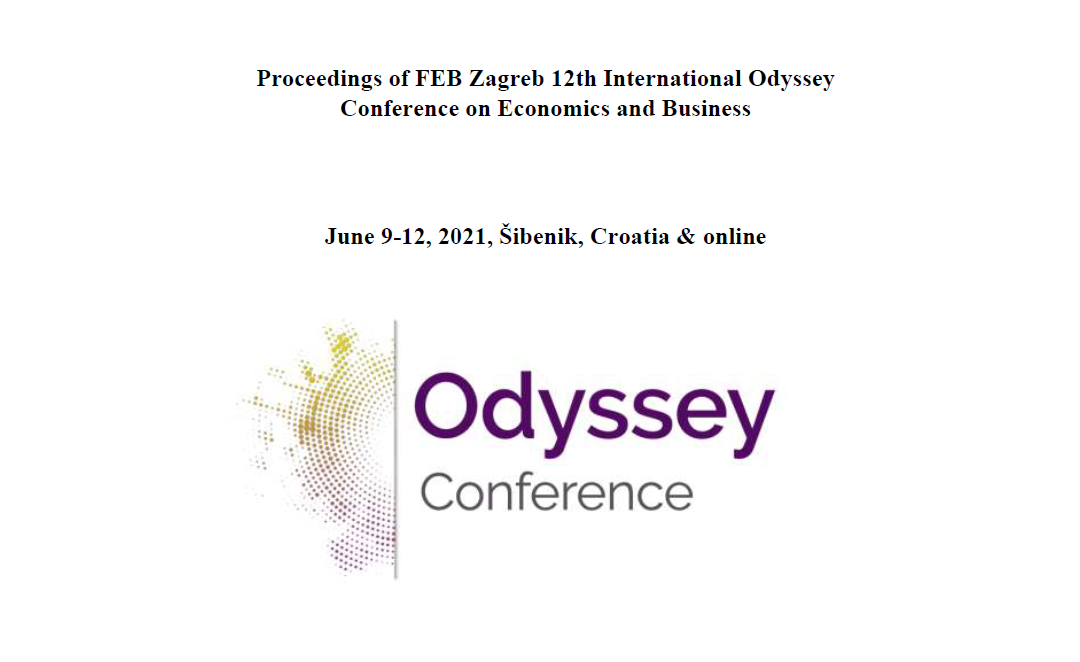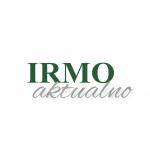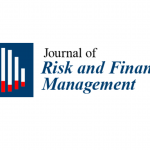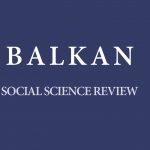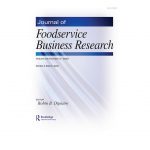Daniela Angelina Jelinčić, PhD, Senior Research Adviser from the Department for Culture and Communication published the article „Can Cultural Tourism Foster Social Well-being? The Case of the Museum of Broken Relationships“ together with Lorena Ujević and Ingeborg Matečić, PhD from the Zagreb Faculty of Economics and Business. The article has been published in the Proceedings of FEB Zagreb 12th International Odyssey Conference on Economics and Business, which is indexed in WoS and EconLit databases.
Abstract:
High demand for tourist experiences have been witnessed in the last two decades of the 21st century and practically all special interest tourism types seek to offer them. Cultural tourism is no exception. Moreover, museums have specifically demonstrated to be especially prone to staging sensory-related exhibitions, leading to emotional arousal. Emotional experiences often lead to visitor satisfaction and in some cases also subjective well-being. Moreover, results of the existing studies demonstrate that there is a clear link between (emotional) experiences provided in tourism and subjective well-being. Well-being has different facets (subjective, objective, social) and existing research has failed to address them equally. So far, there is a complete void in researching social well-being in (cultural) tourism attractions. This paper focuses on the relationship between cultural tourism attractions and social well-being. Its intention is to contribute to the lack of knowledge on social well-being in (cultural) tourism and it specifically focuses on measuring tourists’ trust in other people after visiting a museum exhibition. An exploratory research has been conducted on the case study of the Museum of Broken Relationships (MBR) in Zagreb, Croatia, specifically selected due to its love and loss theme it stages and its focus on emotional experiences. The aim was to gain insight into the relationship between this museum’s experience and social well- being ; it was assumed that observing other people’s stories of love and loss could generate the sense of sharing similar experiences and consequently impact trust in others. This is in the direct relationship with social well-being as trust is one of its two components. A quantitative research was designed using a questionnaire and 11-point Likert Scale metrics. The questionnaire focused on feelings of trust in other people after witnessing other people’s history of misfortune exhibited in the MBR. The questionnaire was distributed to tourists, i.e., visitors of MBR after visiting the exhibition. Results of the study 1270 confirmed the assumption and showed the possible relation between trust in other people and this type of a cultural tourism product. The findings could encourage cultural tourism managers to use specifically designed cultural tourism products in fostering social well-being. In this way, cultural tourism attractions may be also regarded in the light of their potential role in offering products for therapeutic purposes.
The article is accessible in the OA at the following link: https://drive.google.com/file/d/161-Nz6JuGDyQy0iX3K3DIfsui6yMWD0o/view

